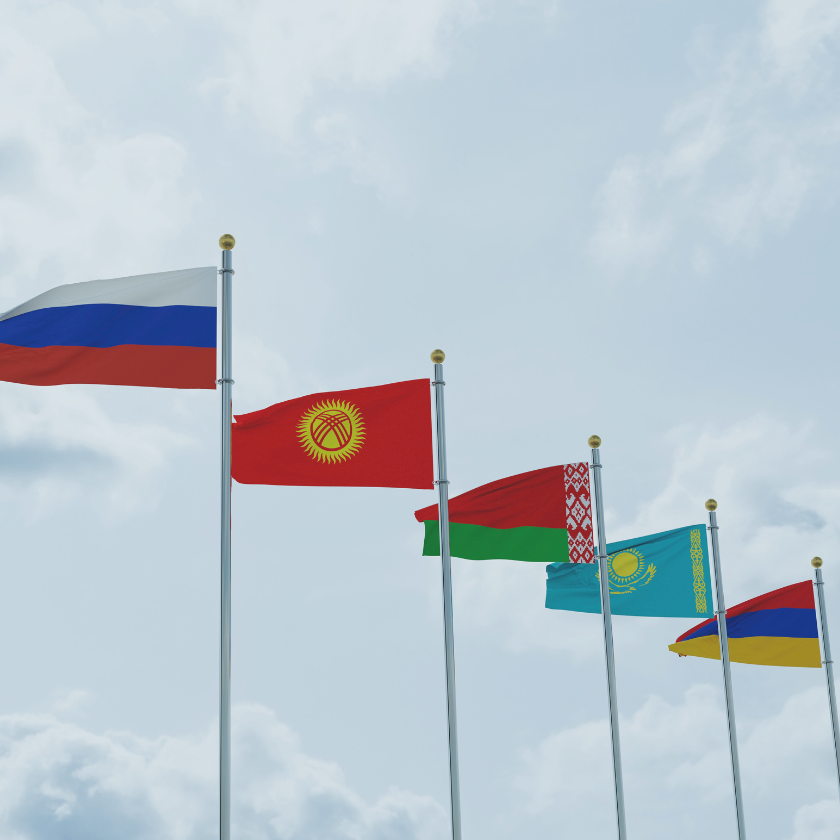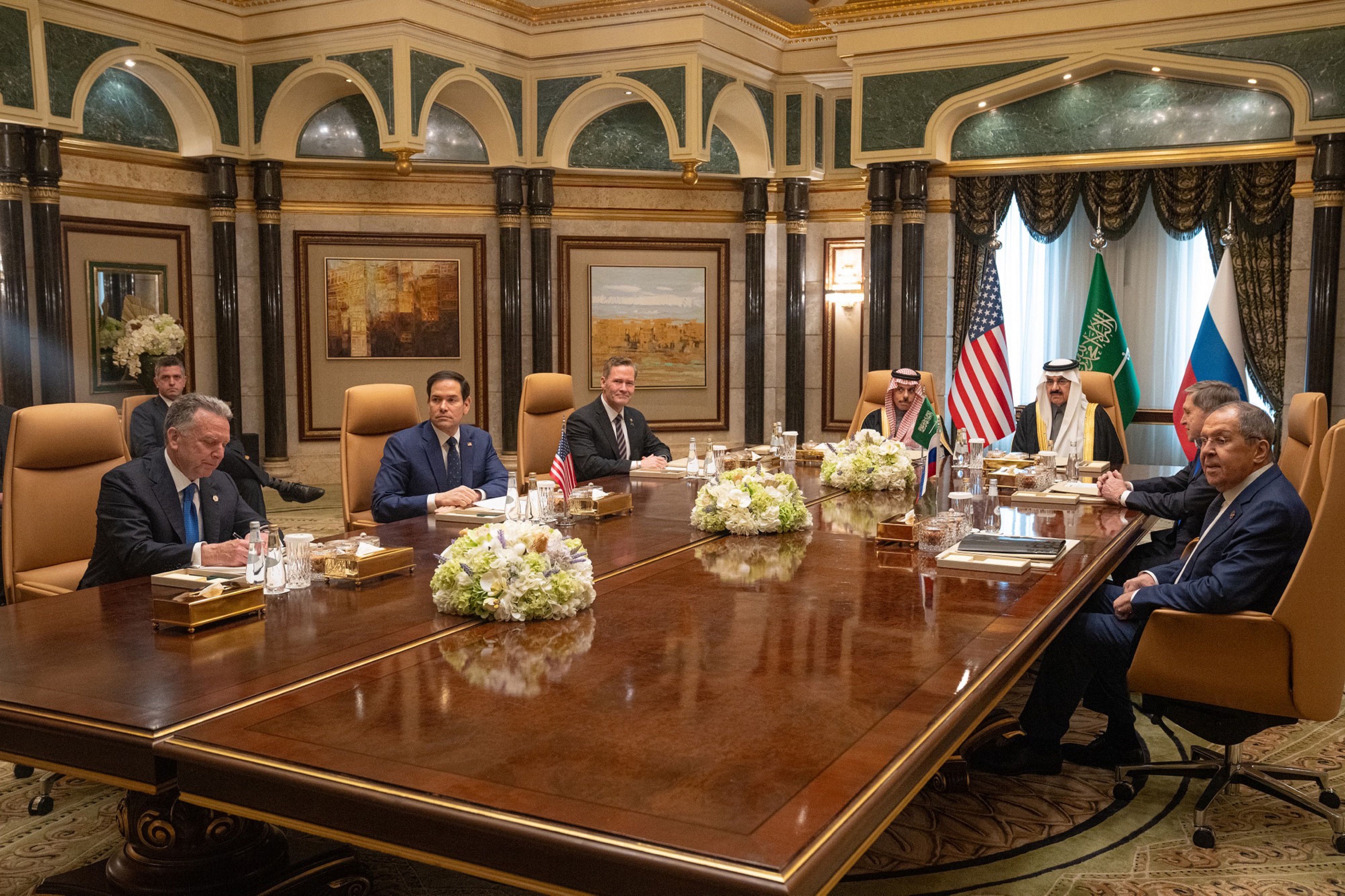Russia-Eurasia
Eurasia is undergoing profound changes. While the Soviet past has left a lasting imprint, Russia and the countries of Eastern Europe, Central Asia and the South Caucasus have their own trajectory.
Related Subjects

How the US under Trump Became a Strategic and Ideological Adversary of Europe

The Europeans' worst security nightmare seems to be coming true: on Tuesday, February 18, 2025, U.S. Secretary of State Marco Rubio and Russian Foreign Minister Sergey Lavrov met in Saudi Arabia to initiate the normalization of relations between their two countries. The meeting also aimed to set up peace negotiations for Ukraine. However, despite having the potential to affect the entire continent, the discussions took place without the Europeans or the Ukrainians being present.

Envisioning Opportunities for U.S.-Russia Cooperation in and with Central Asia
Central Asia is conventionally seen as a conflicting space for great powers.
Beyond Putin: Russia’s Generations Y and Z
Of Russia’s 146 million citizens (if we include those in Crimea), 63 million—or 43 percent—are under 34 years of age. Of these, 30 million belong to Generation Y (millennials in their 20s and early 30s), 15 million belong to Gen Z (teenagers), and a further 18 million are part of the youngest generation (less than 10 years of age).
Kremlin-Linked Forces in Ukraine’s 2019 Elections: On the Brink of Revenge?
The 2019 presidential and parliamentary elections in Ukraine take place against the backdrop of the continuing “hybrid war” with Russia, but are also marked by the visible successes of the Ukrainian leadership in strengthening the country’s defenses, reviving its economic growth and implementing pro-European policies.
China’s Ambitions in Eastern Europe and the South Caucasus
Eastern Europe and the South Caucasus have long been a blind-spot for Chinese diplomacy and economic policy. For over a decade, however, China has been laying the foundations of a long-term presence in the area, a process which has accelerated since the end of 2013 with the launch of the Belt and Road Initiative.


France's 'yellow vests' and the Russian trolls that encourage them
Russian social media trolls reportedly helped stoke the 'yellow vest' protests — France's largest demonstrations in years. DW talked to social media experts to find out more.
Moldova between Russia and the West: Internal Divisions behind the Commitment to European Integration
The traditional characterisation of Moldova as a bridge between two civilisations, Russian Orthodox and the West, seems to have become outdated.
Tailored Assurance: Balancing Deterrence and Disarmament in Responding to NATO-Russia Tension
The 2018 Nuclear Posture Review (NPR) called for tailoring assurance across America’s allies, including NATO, as part of an overall deterrence and assurance strategy.

Rival public diplomacies in the Ukrainian crisis : RT and Ukraine Today
The Ukrainian crisis has brought to light the key role played by new international networks as instruments of public diplomacy in time of war. Focusing on RT and Ukraine Today in the asymmetrical conflict between Russia and Ukraine, this article analyzes the operation and strategies of diffusion of these two media, and inquires into their antagonistic narratives and political rationales. This case study focuses on this conflict’s two dimensions of storytelling and news that several actors and observers have described as a “war of information”.
Russia, France look for way out of geopolitical deadlock
On Thursday, Russian President Vladimir Putin and his French counterpart Emmanuel Macron are due to hold a meeting in St. Petersburg.


Macron Heads to Russia in European Effort to Salvage Iran Deal
French President Emmanuel Macron’s trip to Russia this week once threatened to split France from its European allies. Now it’s part of a wider European effort to tie President Vladimir Putin to the Iran nuclear accord.
Support independent French research
Ifri, a foundation recognized as being of public utility, relies largely on private donors – companies and individuals – to guarantee its sustainability and intellectual independence. Through their funding, donors help maintain the Institute's position among the world's leading think tanks. By benefiting from an internationally recognized network and expertise, donors refine their understanding of geopolitical risk and its consequences on global politics and the economy. In 2024, Ifri will support more than 70 French and foreign companies and organizations.









